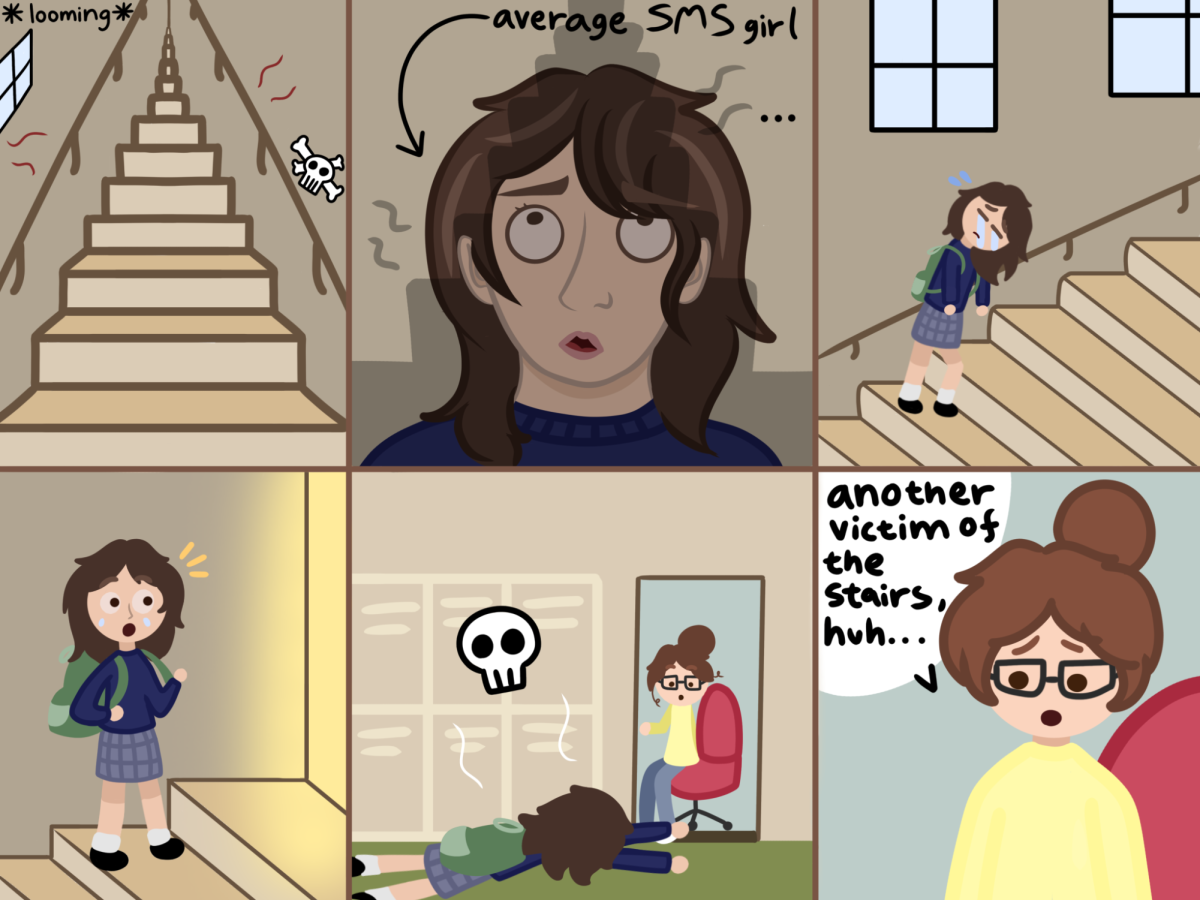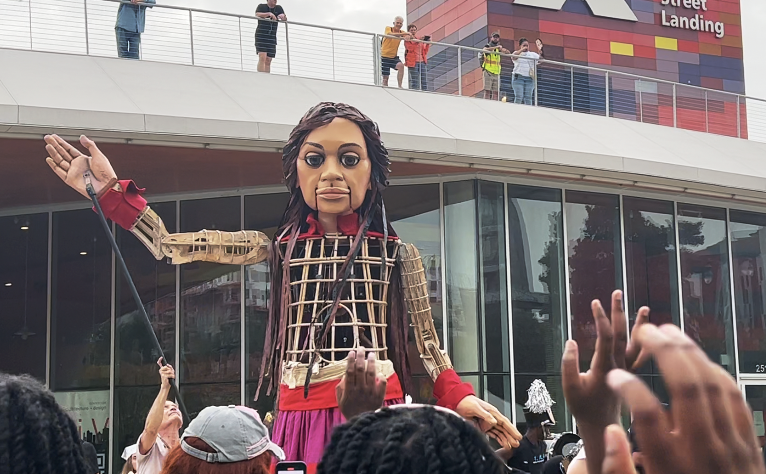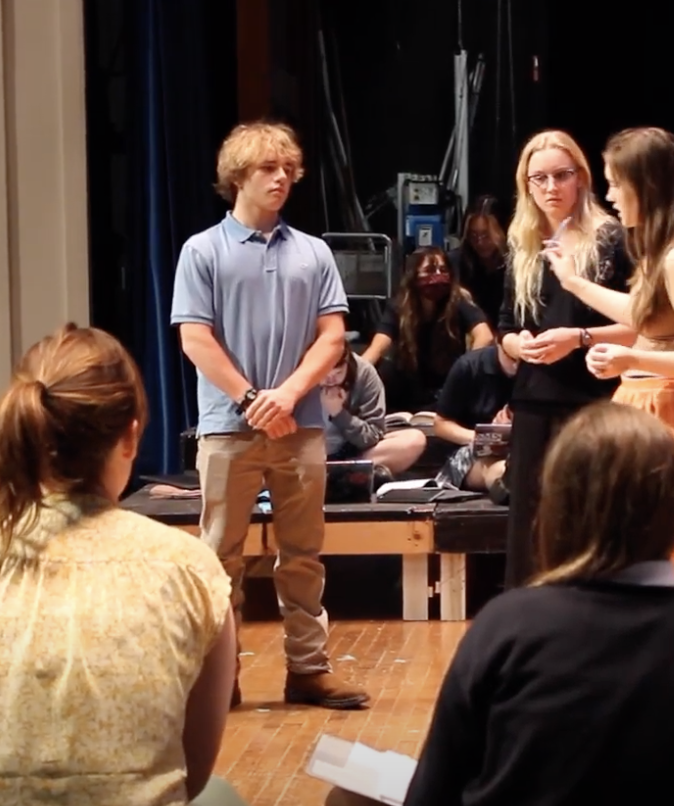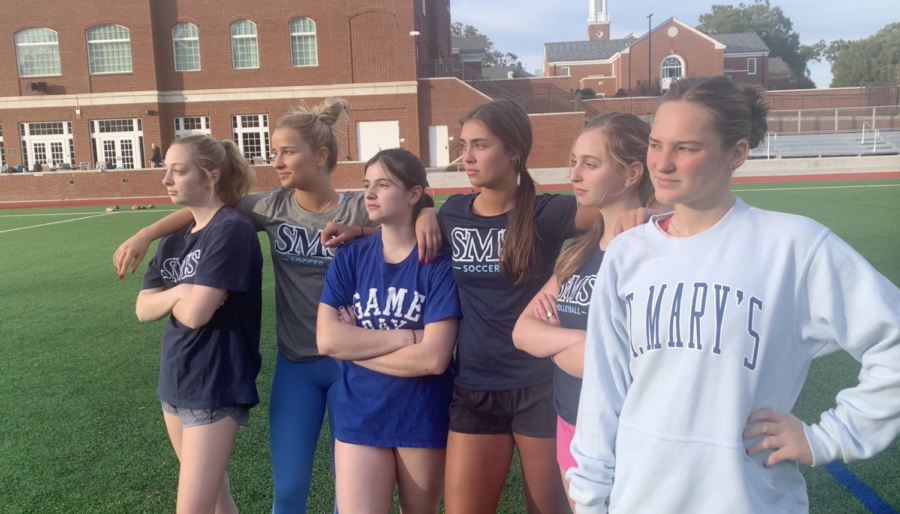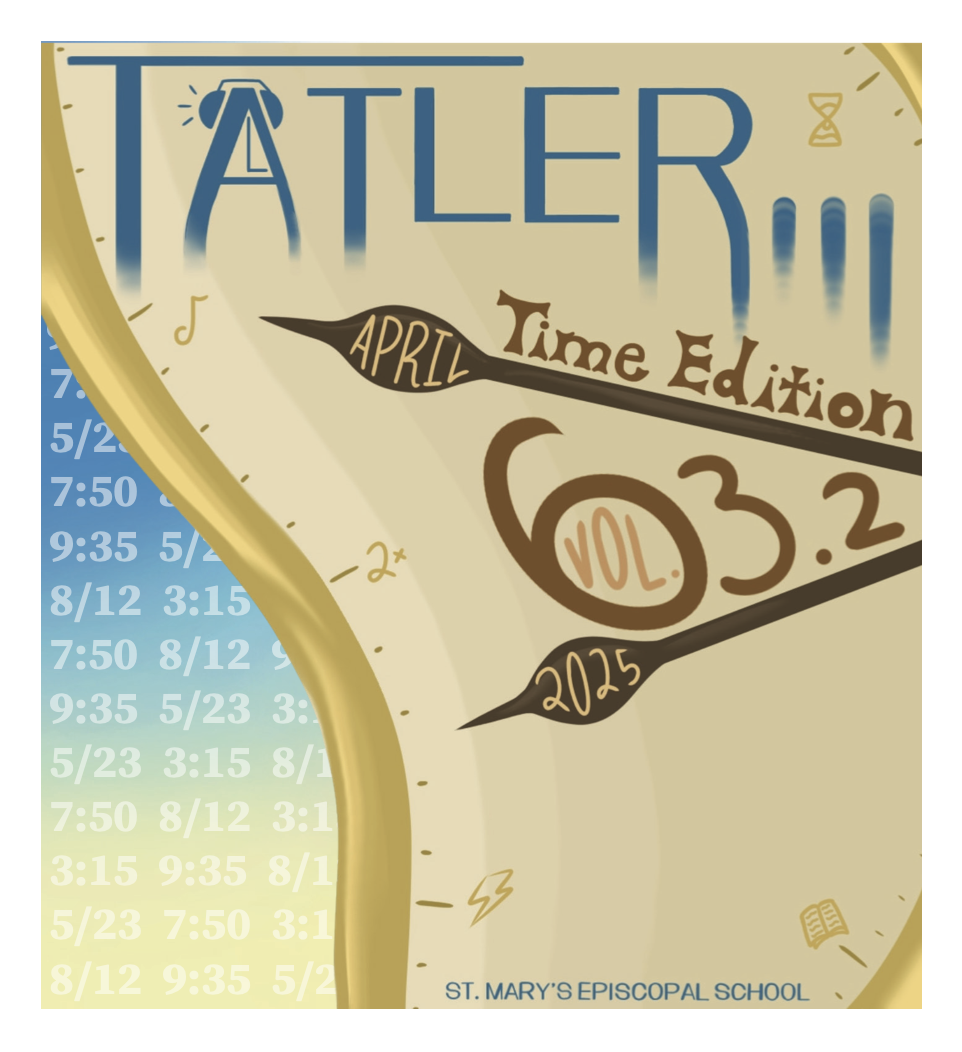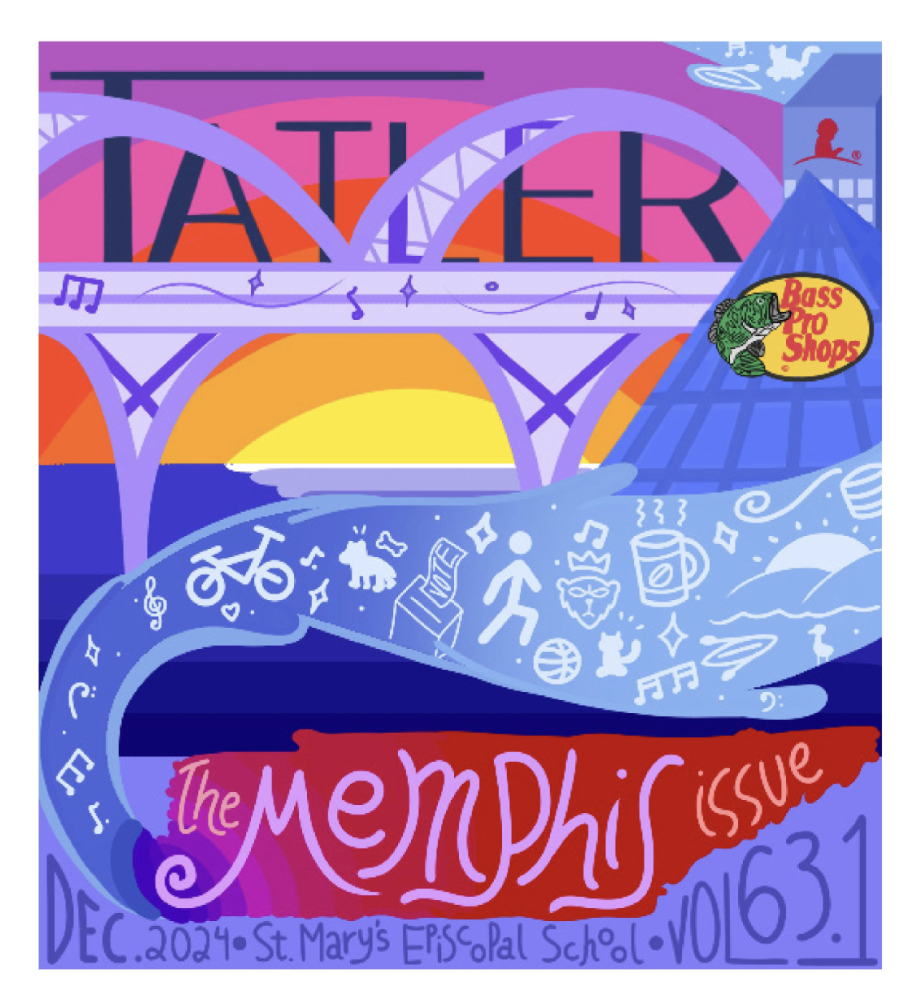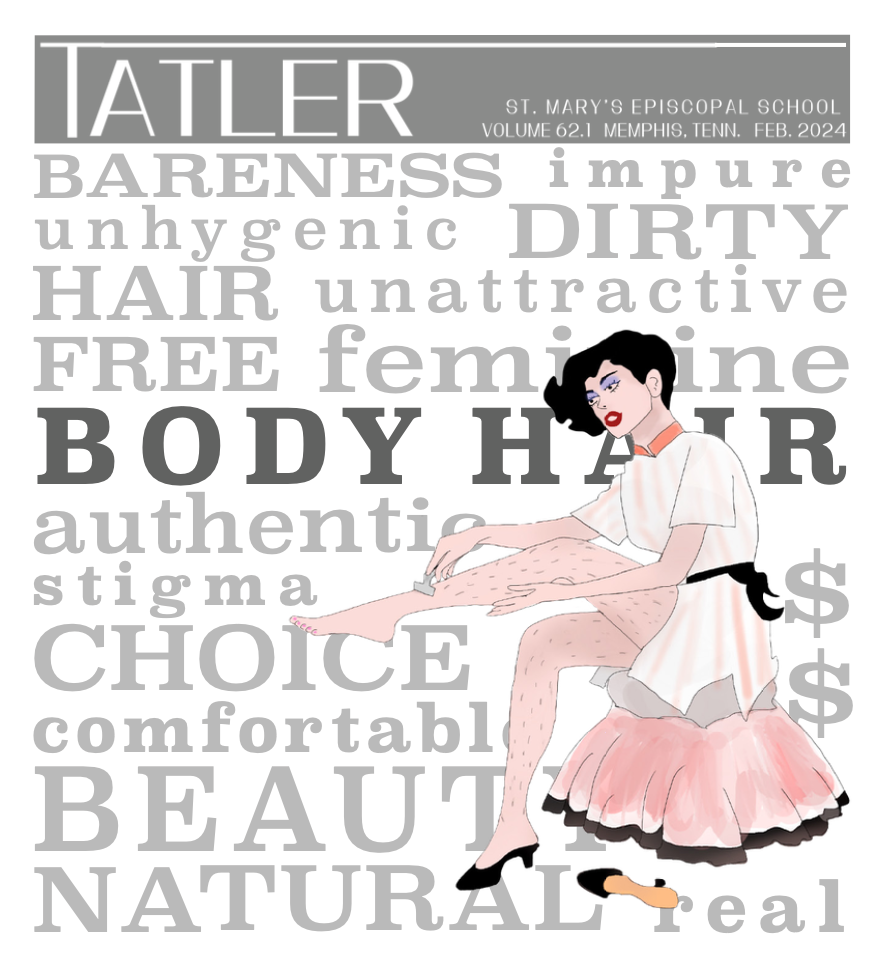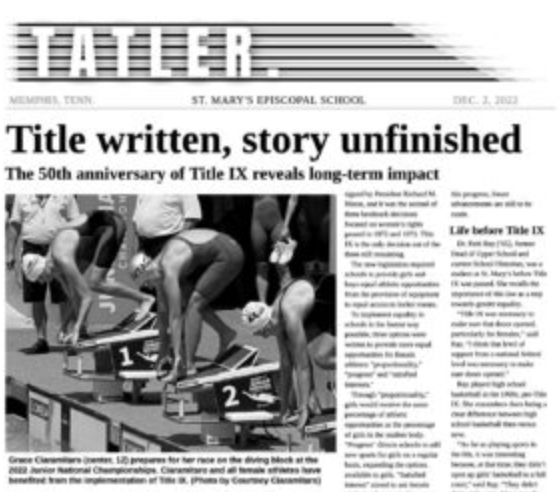“Don’t Worry Darling” falls short of feminist ambitions
*Spoiler alert*
Florence Pugh stars in Olivia Wilde’s “Don’t Worry Darling” as housewife Alice Chambers.
November 14, 2022
When asked to describe “Don’t Worry Darling,” director Olivia Wilde said it was “‘The Feminine Mystique’ on acid,” a reference to Betty Friedan’s feminist classic, a film intended to make the audience “realize how rarely they see female hunger.”
But is the film a true representation of what Wilde described it to be?
“Don’t Worry Darling,” a psychological thriller starring A-list celebrities including Florence Pugh, Harry Styles and Chris Pine, is set in a 1950s California neighborhood that might be harboring deeper secrets than it seems, specifically in regards to an incident involving one of the neighbors. At the heart of the film are the housewives, the driving forces behind the husbands who leave for work each morning and expect the house to be perfectly prepared upon their arrival home, a premise that draws comparisons to one of the film’s inspirations: “The Stepford Wives.”
“The Stepford Wives” is a science fiction comedy based on the 1972 novel of the same name written by Ira Levin. In both films, the role of women is to be a housewife and nothing more; however, as the settings in both films are also fictitious, the viewers discover throughout the film that in actuality, the women play a much more important role than just housewife.
Historian Michelle Arrow called the “Stepford Wives” “a satire of male fears of women’s liberation,” a description that can also be applied to “Don’t Worry Darling.”
The film’s male protagonist Jack Chambers (Styles) brainwashes his girlfriend, Alice Chambers (Pugh) as a result of both his insecurity with their relationship and the importance of her work. Seeing as this act is committed without Alice’s consent, it serves as representation of male-dominated society that exists both in the modern-day world and the fictional town of the Victory Project that Jack and Alice are transported into.
However, despite the pressure of subordination in both communities, the women seemingly find a way to overcome it; in the case of “Don’t Worry Darling,” Alice overcomes by killing Jack and escaping the Victory Project. But is one out of the many affected escaping enough to overpower the theme of overt subordination?
Although Alice is able to escape the Victory Project for good, viewers leave the film without knowing what happened to the other women forced into the Victory Project’s utopian society.
However, while the ending might not be considered a full victory for feminism, it is extremely realistic. Nearly 22 million women worldwide are stuck in forced marriages, a similar yet far more drastic and realistic situation than that of the Victory Project women.
Female communities can and do empower one another and support each other despite all the hardships women face in their everyday lives. Unfortunately, Wilde’s film does not show this.
Instead of a supportive female community, we are shown one ridden with gaslighting, emotional disregard and an overall lack of compassion for one another. Despite the film’s ending providing us with some sense of feminism, we as the viewers are still unaware of what could happen to the women remaining.
I admire the film’s realism and its easy relation to modern-day struggles. But do I think it deserves to be referred to as a “feminist movie?” Definitely not.


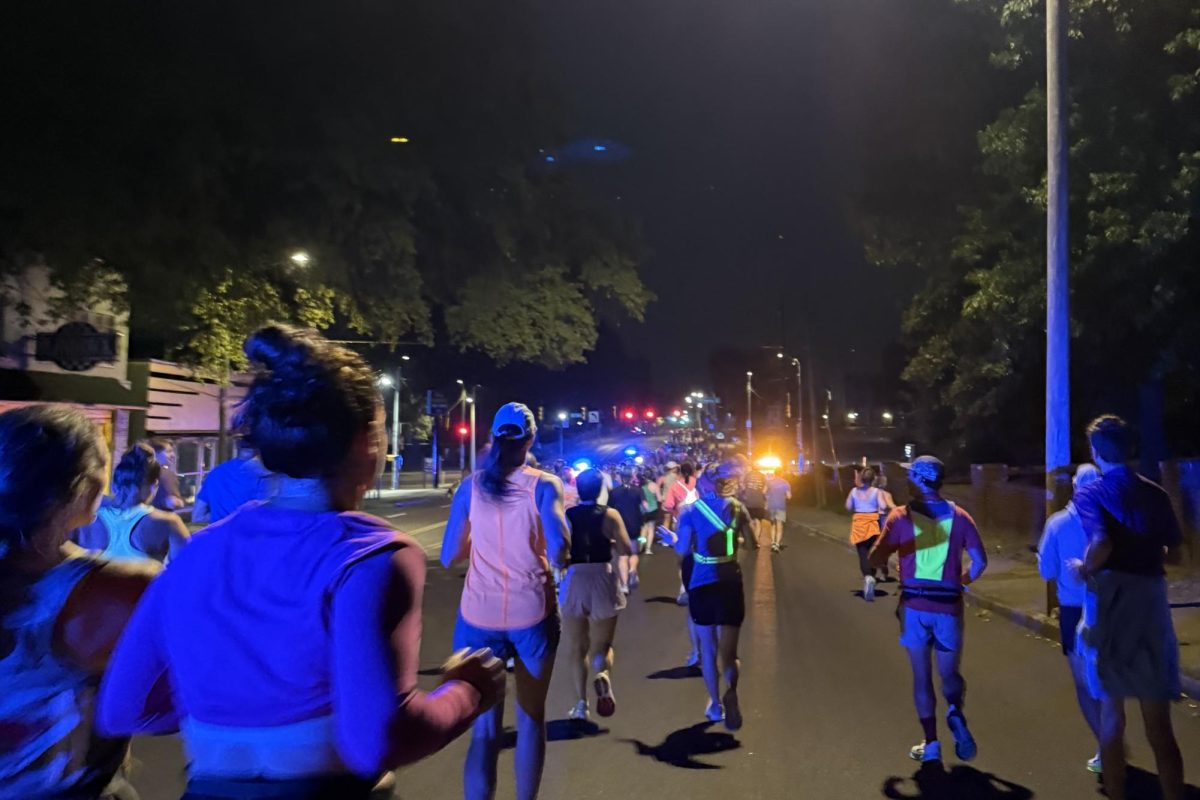

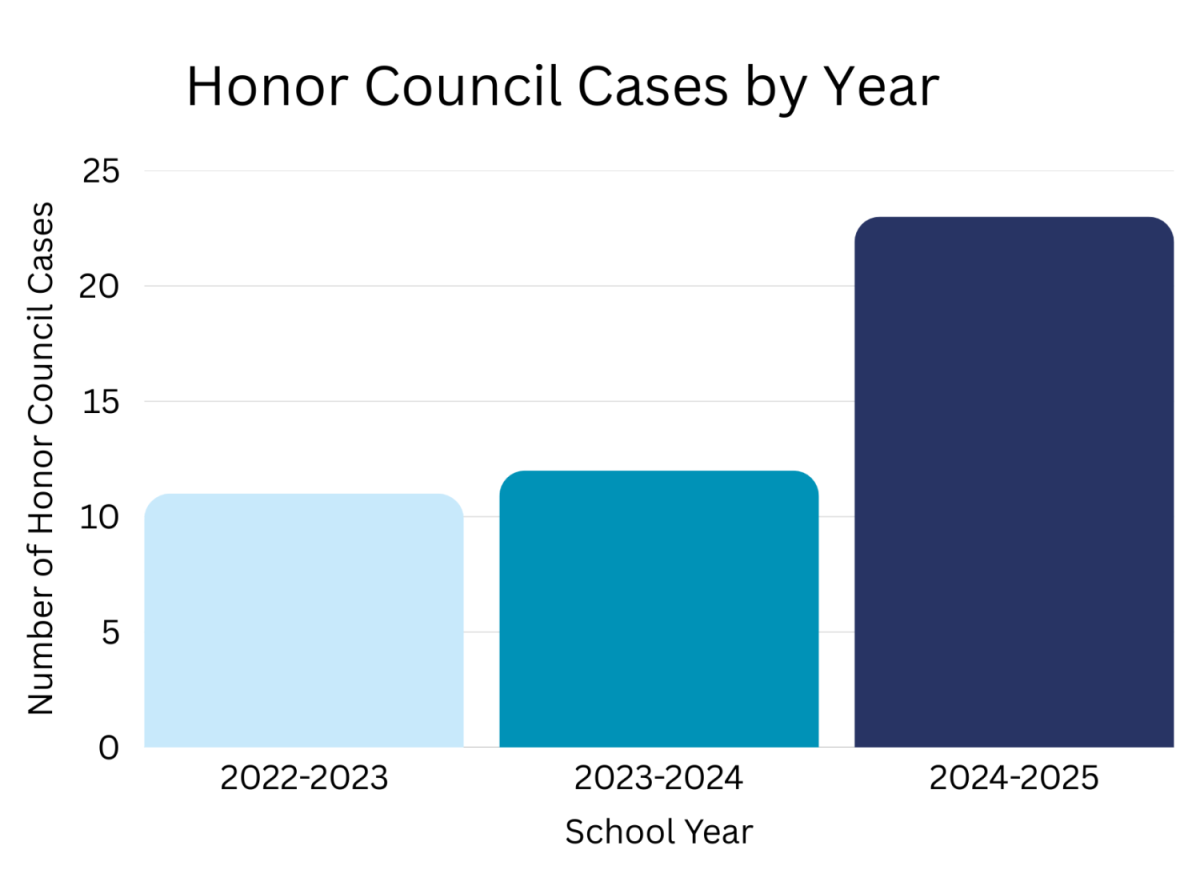




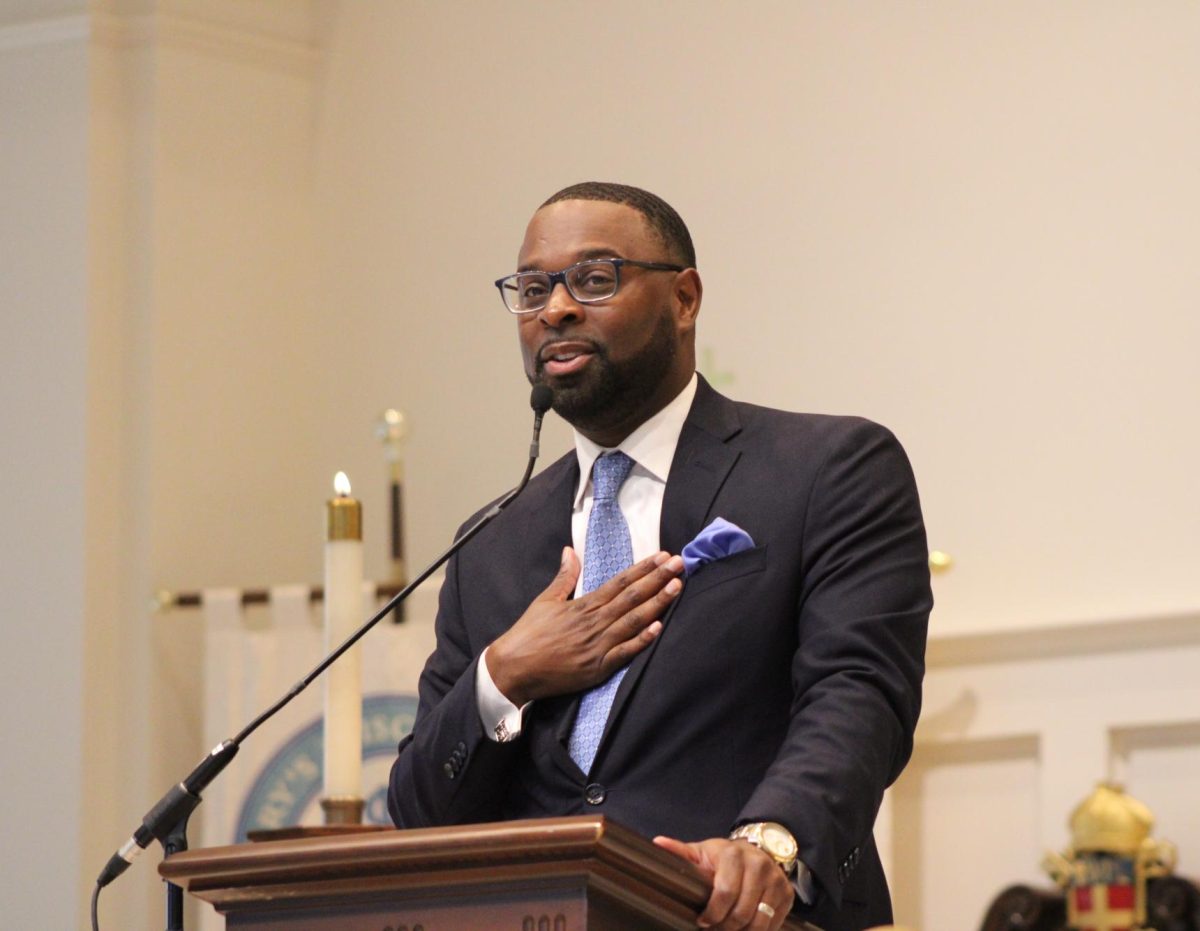
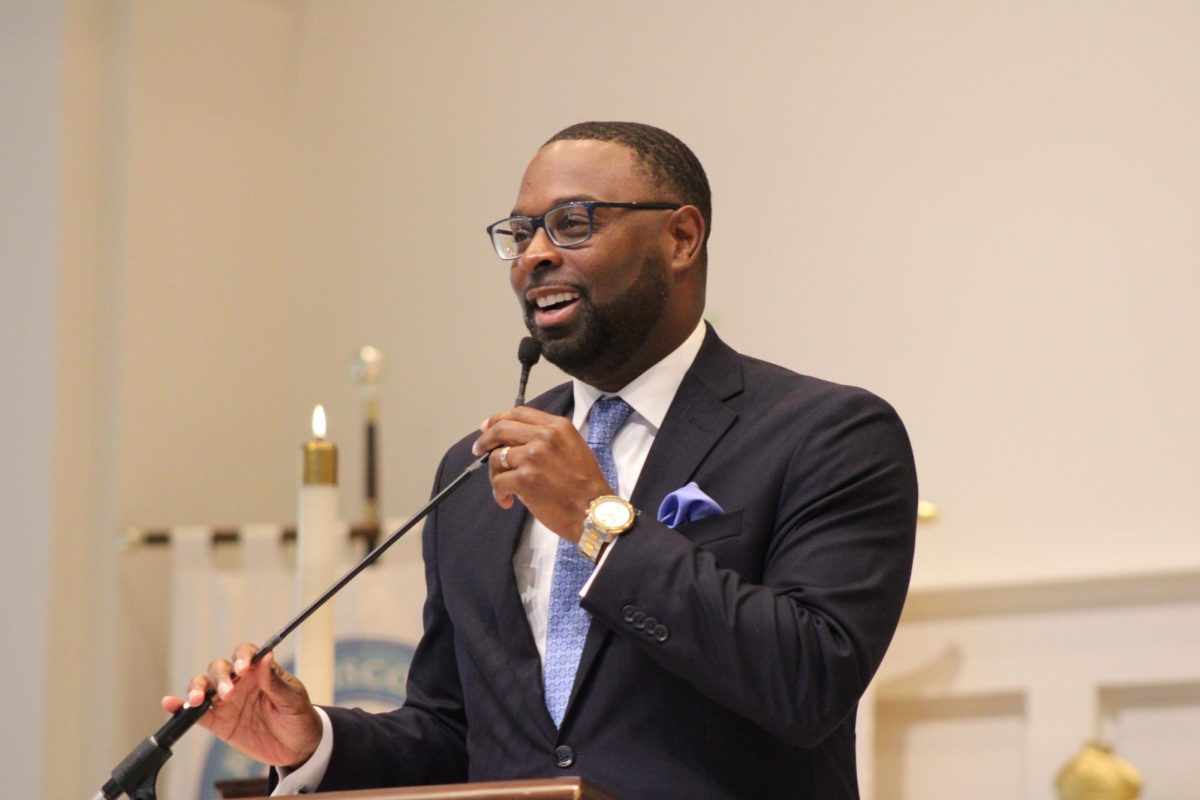





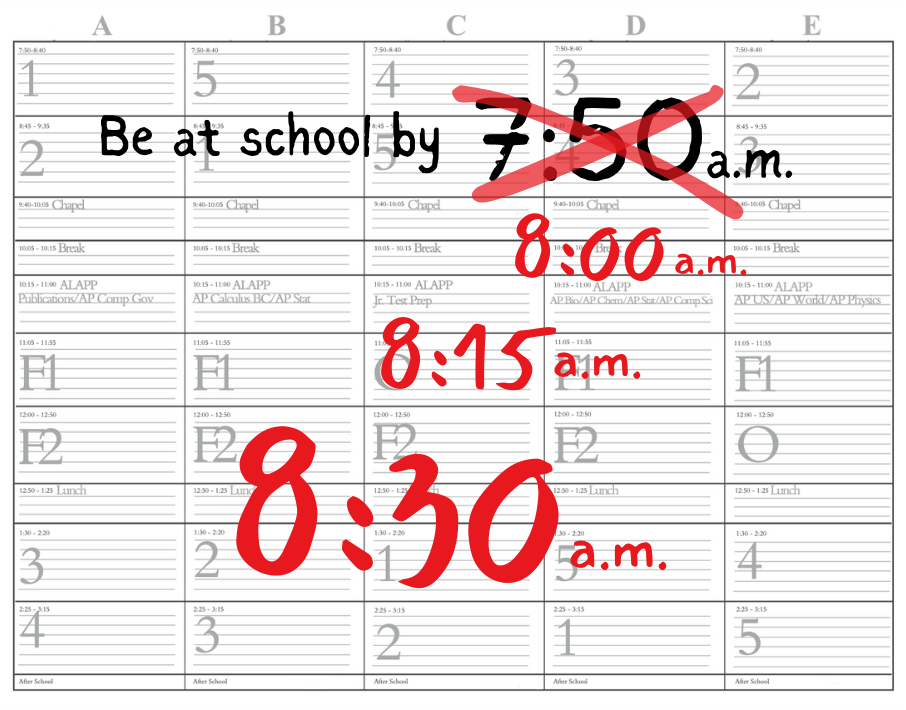





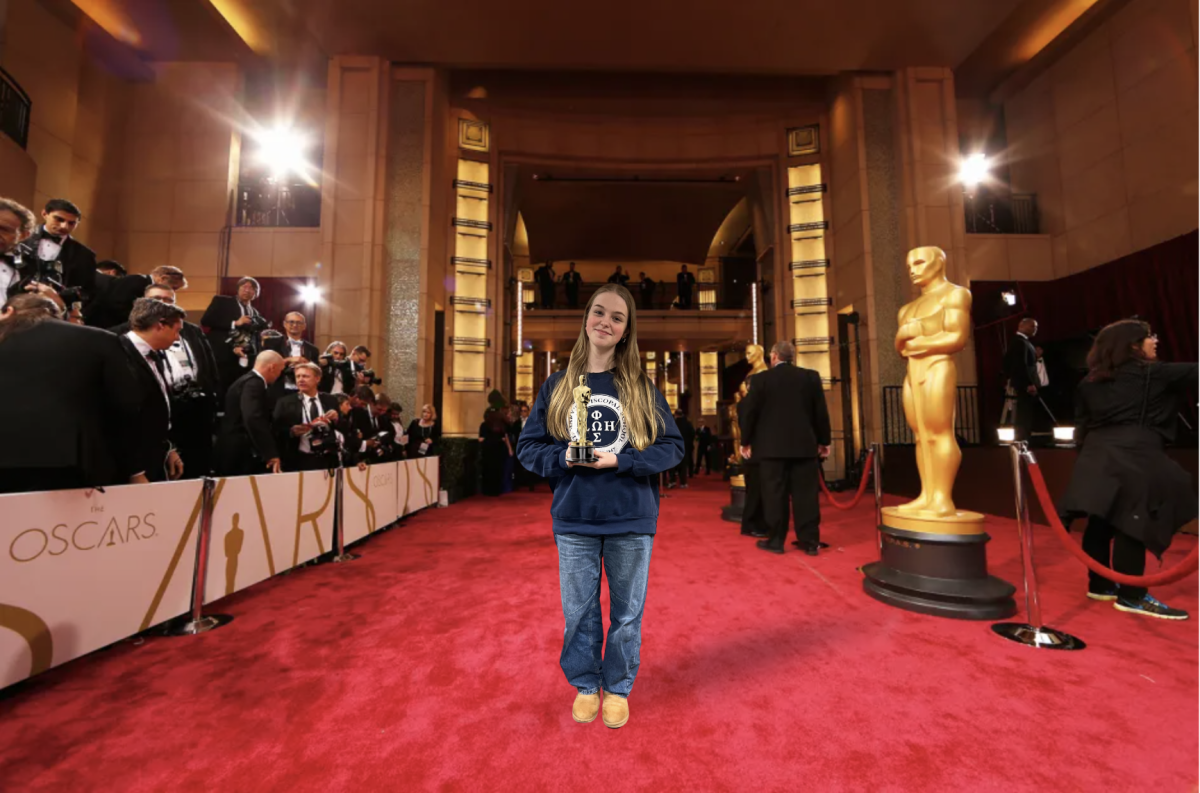
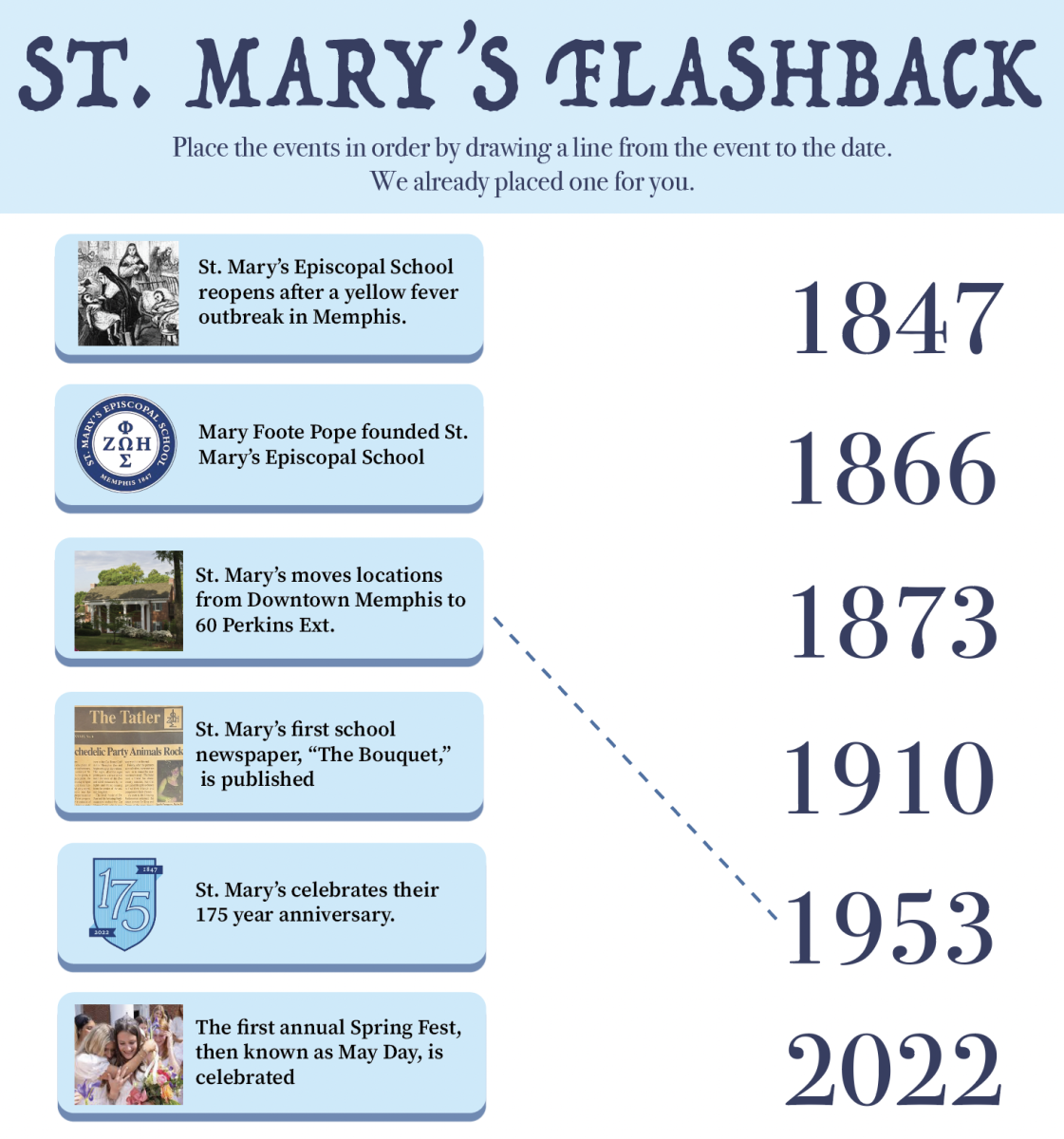

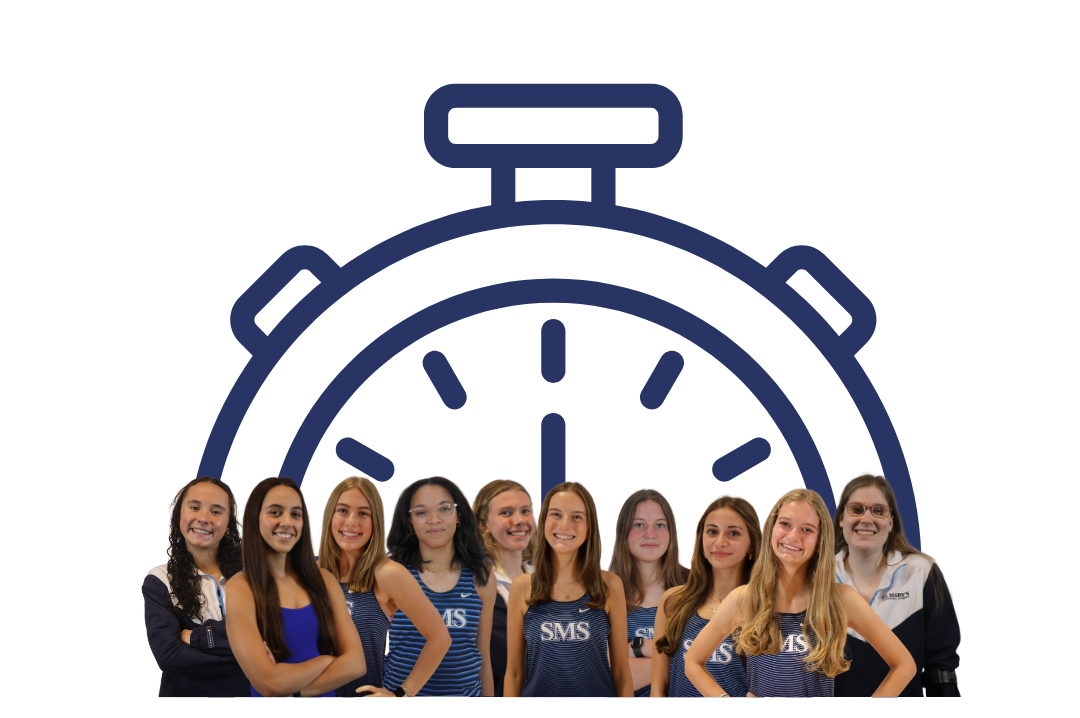


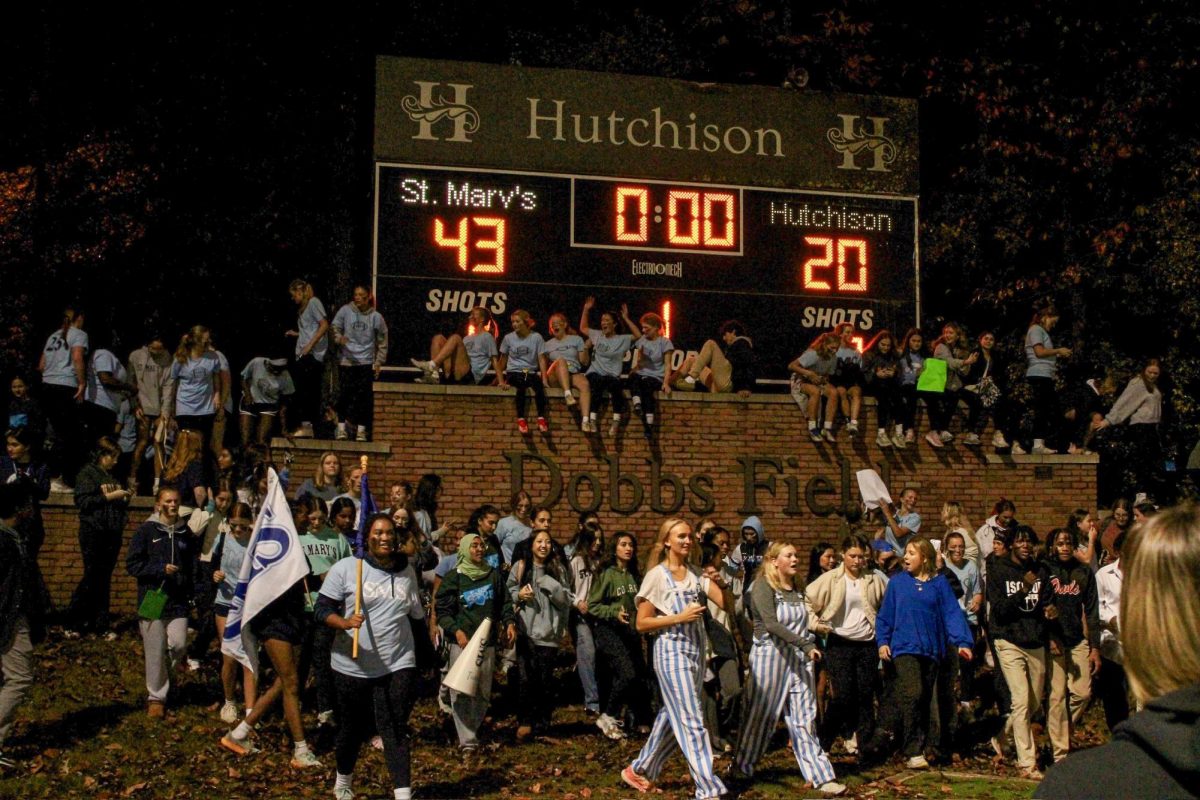

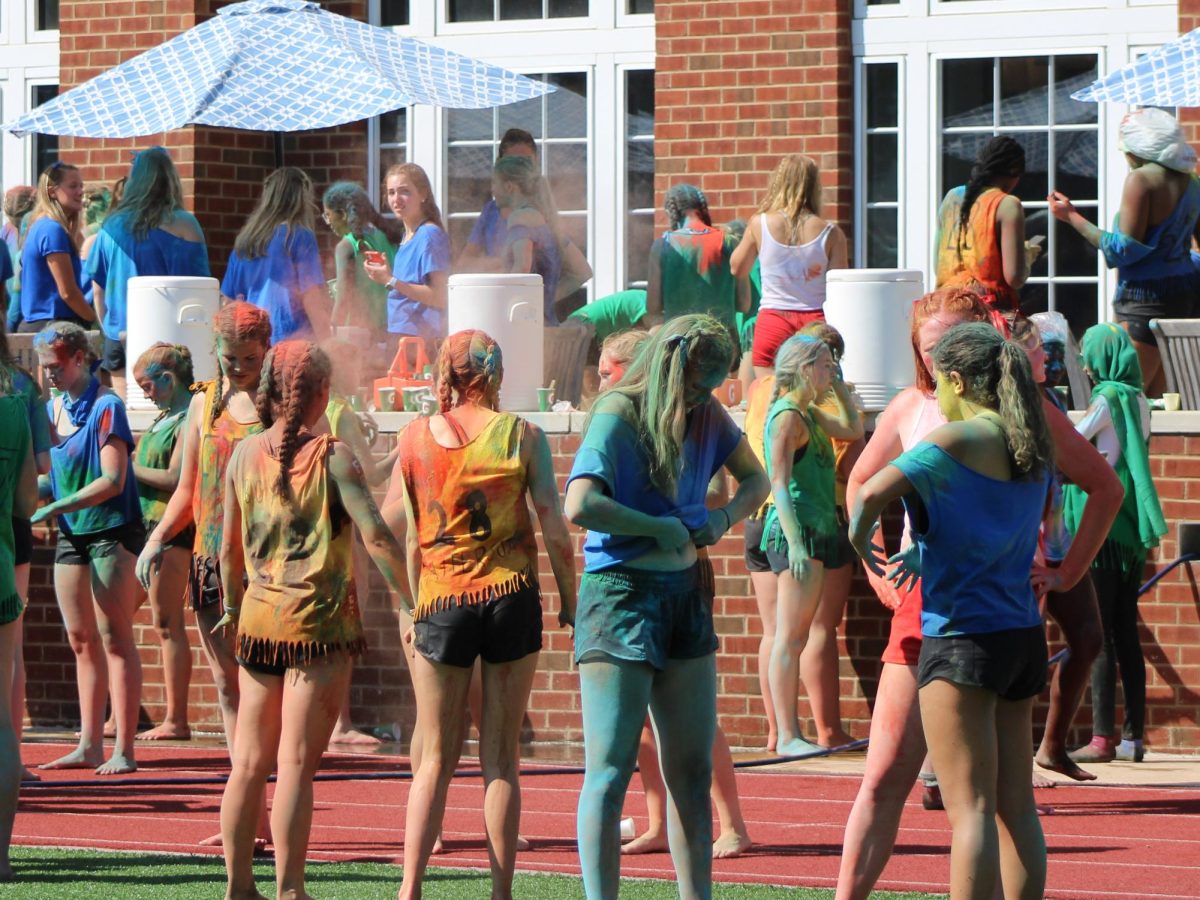
![[GALLERY] Walking in (Downtown) Memphis](https://stmarystatler.org/wp-content/uploads/2024/04/E1DAD3FE-E2CE-486F-8D1D-33D687B1613F_1_105_c.jpeg)
